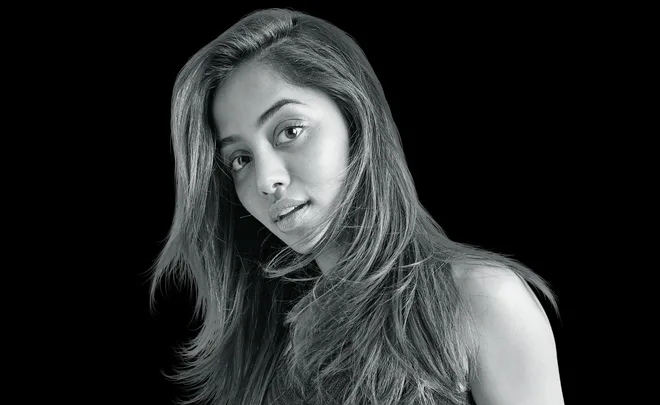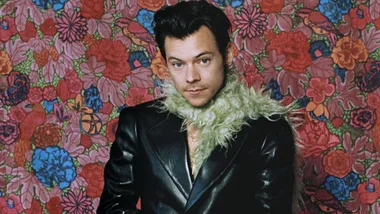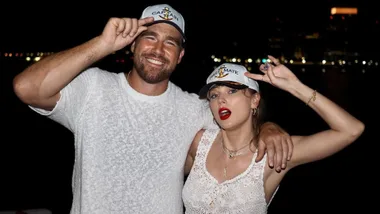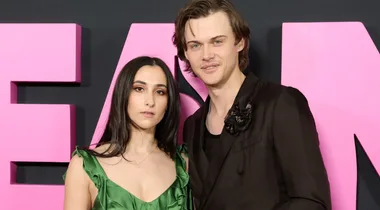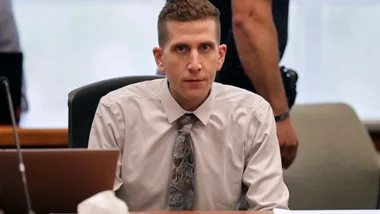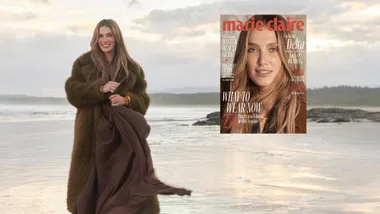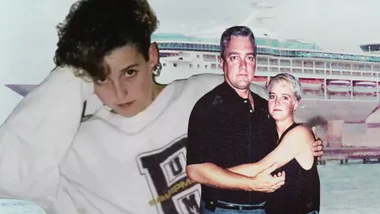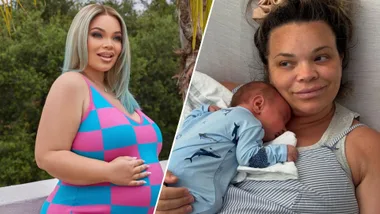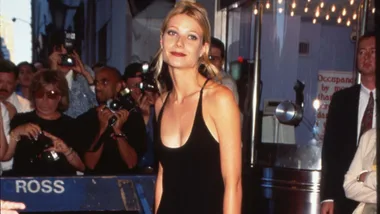When my late grandmother (affectionately called Big Mama) was a teenager, she was orphaned. In post-colonial India, she became responsible for five younger siblings with no job, qualifications, family or money. Through grace, grit and strength she became an entrepreneur, founding several schools.
Big Mama’s economic independence enabled her to not only provide for her family, but women and children living on the streets [by] waiving fees so that vulnerable students could study. She even established a widow’s fund. Like them, Big Mama knew how it felt to be unseen. It’s a regrettable number when talking about women and girls who are casualties of a broken system.
Big Mama didn’t become a grim statistic, but that’s more than I can say for the nearly one in three women experiencing violence globally. Or the 2.4 billion women worldwide lacking the same economic rights as men. Or the one in five women who have been child brides.
Regrettable numbers crest and swell when we resign ourselves to poverty, discrimination, violence and exploitation as an inescapable reality.
I polled women on Instagram for their stories, and even within that sample it’s apparent that we tolerate barriers to equality as conditions of our existence. There were countless stories from women forfeiting equal pay or opportunity after becoming a parent. “I returned from parental leave only to be made redundant and offered a demotion to stay,” one divulged.
Others wrote about how motherhood was perceived as compromising to their “productivity”, costing them shifts and remuneration.
Whether “it became too costly as a single mother”, “minimal government support made it impossible to meet caring responsibilities”, or due to “inflation”, many shared how financial stress forced them to give up education.

“My contract as a medical researcher wasn’t renewed after maternity leave,” disclosed one PhD candidate, with another sharing they’d “been told to pause my PhD and be a mother.”
Tolerating sexism is a reality fuelled by under-representation across fields. Chances are you may resonate with these stories, so let’s take it further. Because for every woman trying to break ceilings, under-represented women are trying to break three or four more. We see it in over- representation of women with disabilities within rates of violence, sexual harassment and assault experienced by women at work.
We see it when transgender women are disproportionately affected by health discrepancies experienced by women. And we see it when we look at homicide rates, where Indigenous- Australian females soar 7.6 times higher than non-Indigenous females. It’s no secret that certain communities of women are at heightened risk of becoming grim statistics.
I think of teenage Big Mama and how different things would be if she had become a regrettable number. But she didn’t, and instead helped underprivileged women, children and widows and her siblings to survive. They had generations of offspring empowered to build fortunate lives.
I’ve been able to become an advocate, author and media personality with the influence to challenge the discrimination she faced decades ago.
And all of it was possible because Big Mama didn’t succumb to fate as a regrettable number. Imagine if every woman were afforded that same salvation?
Achieving gender equality will take an ecosystem of media, governments, international bodies and, importantly, you. We must acknowledge that not all inequality is equal, and advocate for all women – especially the most oppressed.
Use your vote, voice and resources. Fight for yourself and for women with a different lived experience to you. Because the women and girls we often forget can no longer be regrettable numbers, unseen.
Count them in. Because, as Big Mama proved, when we empower women, we empower communities. It’s how we will change the world.
